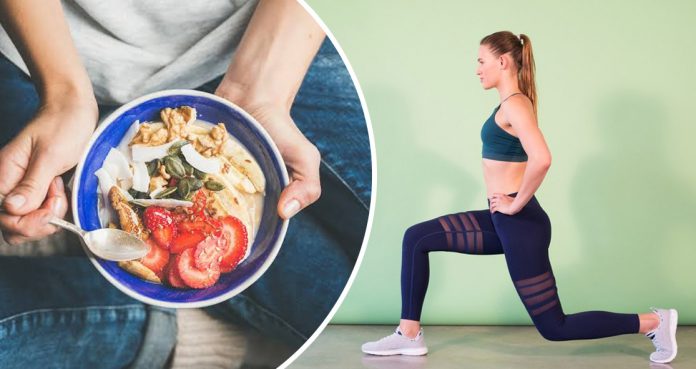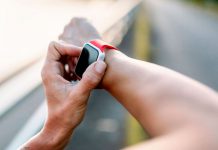The debates on when to exercise and when to eat have been ongoing for years.
A new UK study has found that exercising before breakfast burns more fat than eating breakfast before exercising. Researchers explained that exercising before breakfast burned more fat in 30 men who were obese or overweight.
Eating before exercise boosts your blood sugars, giving your body enough fuel to increase the length and intensity of your workout. And exercising before breakfast means no fuel, meaning your body starts using up stored carbs for fuel and when that exhausts, your body turns to fat cells for fuel.
Although the eat-after group did not lose much weight that the eat-before group, the study showed that the eat-after group had a profound and positive effect on their health.
The researchers found that exercising before breakfast helped the muscles to respond well to insulin, controlling high blood sugars and reducing the risk of diabetes and cardiovascular disease.
Exercise Physiologist Javier Gonzalez from the University of Bath said, “The group who exercised before breakfast increased their ability to respond to insulin, which is all the more remarkable given that both exercise groups lost a similar amount of weight and both gained a similar amount of fitness.
“The only difference was the timing of the food intake,” added Gonzalez.
The researchers explained that more studies are required to look at this association. However, considering the science behind this study, it seems that exercising before eating could improve your overall health.
Meanwhile, the U.S. Figure Skating Association has offered a few tips to keep your muscles from breaking down if you choose to work out on an empty stomach. The national governing body for the sport of figure skating has advised keeping the four R’s in mind – “rehydrate, replenish, repair, and reinforce” – by drinking enough water or sports drink. The association also advised eating your meal within 15 to 30 minutes of workout, with a 4:1 ratio of carb to high-quality protein. It said you can include fruits, low-fat Greek yogurt, a banana, or peanut butter.























